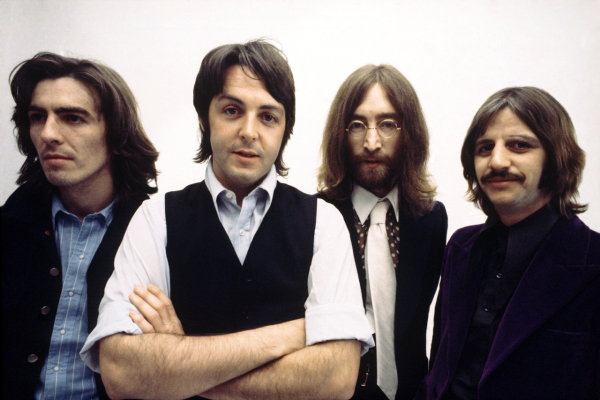Every generation lives as a continuation of what came before, but people today live in the shadow of the 1960s. Our culture, politics and society all changed during that time and we have not changed it back or found anything different. So we circle, repeating the same tired tropes as if they were new or insightful.
The music industry lives in thrall to The Beatles. Those lads were their biggest success, both breaking out rock as a mainstream product, and utterly dominating the charts to this day. Whenever they can, they praise The Beatles.
We are all in the thrall of journalists who like anything that sounds like The Beatles and other 1960s rock despite that music being relevant fifty years ago. From the top down, the whole industry wanks on the bands that were hip then. If you want to get ahead, you have to mention The Beatles at least once in your interviews.
Even though Baby Boomers are now decrepit and old in the “get off my lawn” years, they still want to control us with the image of their music. That image is: no one was better than the 1960s rockers, no one was a bigger rebel than us, and nothing better will ever be made. This nonsense needs to end even if violence must be employed for that purpose.
1960s rock bands stood out in their day only because the music around them was so horribly insipid that it compares to… well, pop today, actually. It was basically the same stuff: standard chord progressions, love and sex topics, pop song format. Nothing has changed there. We all know Nirvana is better than Shakira, but we forget that both can be just as fake but in different ways.
The Beatles wrote their songs around a melody line that unraveled progressively as the song went on. They used key in non-standard ways. They spent a lot of time in the studio figuring out new sounds. They were our first shy-looking, wimpy, sensitive guy superstars. For that we are supposed to praise them into the grave.
In retrospect, what they did was switch audiences. 1950s pop wanted to pitch itself to normal kids who would then go on to have lives in which music served a lesser role. 1960s pop wanted to make its audience identify with it for life, so that even now tedious old fossils will whip out The Beatles LPs like they were a revelation from God.
But many of us do not need weak-looking hipsters to make us accept music. We are comfortable with who we are, whether that is weightlifter or nerd. We just like music for being good. And that part has two components: talent on the surface, and having something of value to contribute beneath.
No one doubts that The Beatles and other 1960s bands had talent on the surface. What they lacked was something of value to communicate. They came up with the image first, and back-wrote the political and social opinions to support that image. Their idea was to be iconoclasts who turned their backs on everything their parents believed. That’s great, if you’re 14. The following year it’s already old.
Instead our music industry remains stuck in perpetual adolescence, repeating these same tired words and ideas, churning out new versions of the same image and music, because the Baby Boomer mentality will simply not die. And so we all repeat the cycle again, hating it but unable to escape.
52 CommentsTags: 1960s rock, music industry, the beatles


